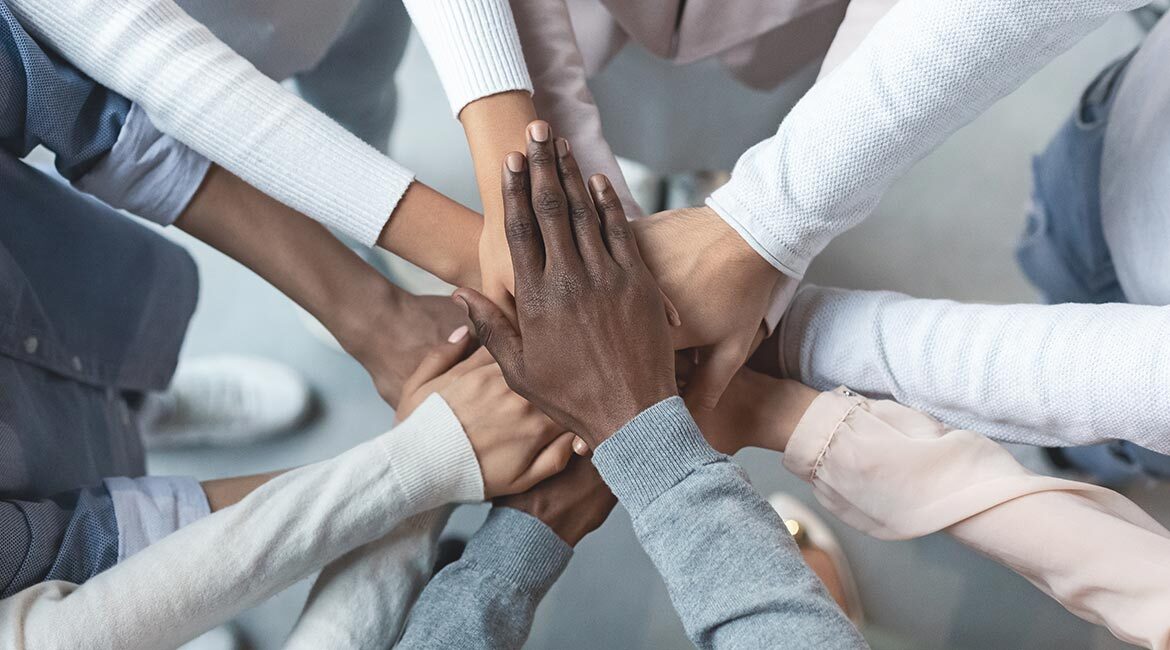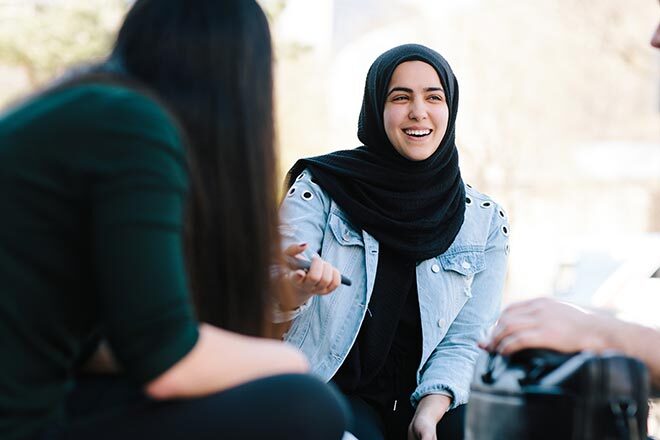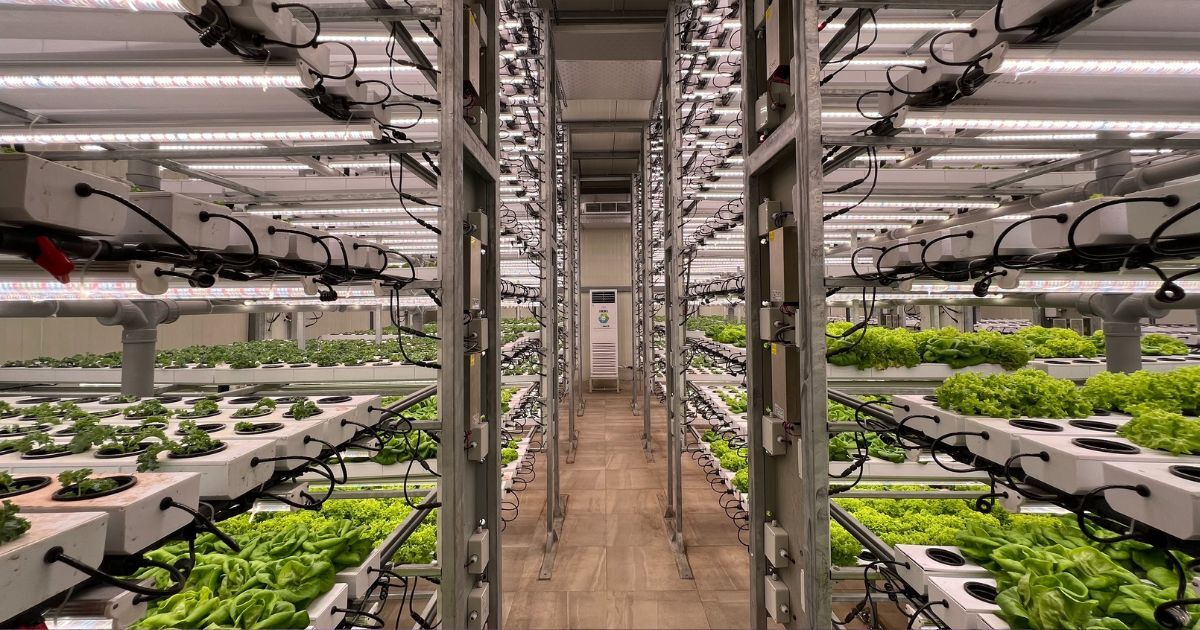Becoming Better Engineers

Purchased on Istockphoto.com. Copyright.
Health measures brought about by COVID are slowly being lifted after almost two years. Like many students, I began my studies at ÉTS in the middle of the pandemic and I haven’t been on campus once since starting my master’s degree. That is weird!
We’re almost used to doing everything remotely now, and it’s not so bad. We save on travel time and cost, avoid traffic jams, etc. We are more flexible and can better manage work, studies and personal life. However, we miss the most important part of a curriculum: human interaction.
In my experience, there are three important benefits to be gained from student life:
- knowledge,
- interactions/contacts,
- reputation of the institution.
Knowledge is important, but we are all capable of learning from books or a computer. In the digital age, information is more readily available than ever. Most major schools (MIT, Harvard, etc.) offer online courses and resources for free. You still need a diploma to prove that you have acquired some knowledge, the value of which is proportional to the reputation of the institution. However, meeting people is what makes the difference in an academic journey. Even the great success stories of this world began through direct or indirect contacts, most often made in an academic setting (Facebook, Apple, etc.).

The people we meet during our studies enrich us, helping us develop our abilities and push our limits. Staying in our comfort zone, dealing with things we have mastered with a concentric vision will not help us find the next innovative idea. New perspectives and approaches: these are what we need to develop during our studies. Technical solutions derived from an analytical approach are essential, but not sufficient. I have personally experienced this in a job in transportation engineering.
One of my team’s mandates was to find an innovative solution to congestion problems in a new urban development based on calculations: number of lanes, traffic light management, etc. We worked very hard, but I now realize that the proposed solution was not that innovative. Relying solely on our calculations, with no discussion or sharing, we failed to consider the principle of induced demand, which can be described as follows: greater supply will lead to greater use/demand. A classic example of this principle is the Katy Freeway, a freeway in Houston expanded to 26 lanes of traffic, all of them fully jammed at rush hours. We were at odds with the environmental vision of our project, which could have directed our choices to walking and transit options. Similar examples exist in all areas of engineering.

The Katy Freeway
Interacting and challenging each other’s ideas enriches the study experience and makes good engineers. Unfortunately, in the context of the pandemic, with only Zoom meetings to work with, it gets complicated.
Some courses help us develop critical thinking and vision—to have a more systemic approach to problems. Not everything can be solved with an equation or a code line. Human, social, health, economic or other impacts can take on wider dimensions outside of our analytical spectrum in automating production lines or writing computer programs. The most amazing tool I found at ÉTS to better prepare us in adapting “to the rest of the world” and its consequences is the LRC100 course: Leadership et responsabilité collective (Leadership and Collective Responsibility). I recommend it to all undergraduate and graduate students.
This course takes us out of our comfort zone with captivating discussions that broaden our horizons. This is the course to make us better engineers, not just technicians, because an engineer must think and not just do. In this course we explore many areas where engineering can play a role, but also be influenced in our future practice. Each session addresses a different and important topic, but quickly brings out the connections between each engineering specialty. It is an opportunity to interact with inspiring people from all walks of life. I had the chance to meet Mr. Serge Godin (engineer, billionaire, founder and CEO of CGI) and Lucien Bouchard (former Québec Premier and Opposition Leader in Ottawa), as well as entrepreneurs with unique and equally impressive backgrounds.
The speakers’ presentations, now available on the ÉTS YouTube channel, covered many important issues. However, the most rewarding aspect was the private interactions we had afterwards, both via Zoom and in person, as part of the presentation of our research topics. These interactions led to career opportunities or, as for one of my classmates, a private meeting with Mr. Godin and funding for a business start-up. If you doubt that political or cultural stakeholders have any influence on your field of study, this is proof that you need to take the course. We need only think of the links between politics and civil engineering in Québec…

In the end, even in confinement during COVID, I was able to benefit from a gateway to the world thanks to ÉTS, and especially to the LRC100 course. This alone made my return to school worthwhile. My personal journey has allowed me to fully appreciate the impact that such an experience can have on my career. The only negative points: this course is only given in the winter and has a limited number of participants. So, hurry up, don’t take my word for it and check things out for yourself by signing up for this course! If anything, it can only help make you a better engineer.


